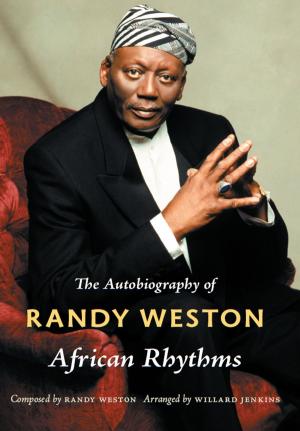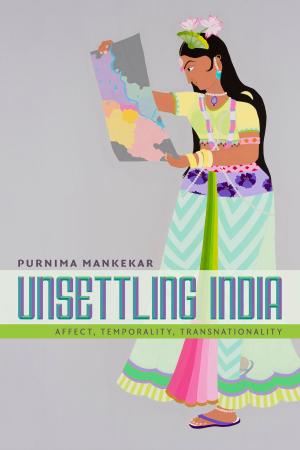Chinese Visions of World Order
Tianxia, Culture, and World Politics
Nonfiction, Religion & Spirituality, Philosophy, Eastern, History, Asian, China| Author: | ISBN: | 9780822372448 | |
| Publisher: | Duke University Press | Publication: | October 19, 2017 |
| Imprint: | Duke University Press Books | Language: | English |
| Author: | |
| ISBN: | 9780822372448 |
| Publisher: | Duke University Press |
| Publication: | October 19, 2017 |
| Imprint: | Duke University Press Books |
| Language: | English |
The Confucian doctrine of tianxia (all under heaven) outlines a unitary worldview that cherishes global justice and transcends social, geographic, and political divides. For contemporary scholars, it has held myriad meanings, from the articulation of a cultural imaginary and political strategy to a moralistic commitment and a cosmological vision. The contributors to Chinese Visions of World Order examine the evolution of tianxia's meaning and practice in the Han dynasty and its mutations in modern times. They attend to its varied interpretations, its relation to realpolitik, and its revival in twenty-first-century China. They also investigate tianxia's birth in antiquity and its role in empire building, invoke its cultural universalism as a new global imagination for the contemporary world, analyze its resonance and affinity with cosmopolitanism in East-West cultural relations, discover its persistence in China's socialist internationalism and third world agenda, and critique its deployment as an official state ideology. In so doing, they demonstrate how China draws on its past to further its own alternative vision of the current international system.
Contributors. Daniel A. Bell, Chishen Chang, Kuan-Hsing Chen, Prasenjit Duara, Hsieh Mei-yu, Haiyan Lee, Mark Edward Lewis, Lin Chun, Viren Murthy, Lisa Rofel, Ban Wang, Wang Hui, Yiqun Zhou
The Confucian doctrine of tianxia (all under heaven) outlines a unitary worldview that cherishes global justice and transcends social, geographic, and political divides. For contemporary scholars, it has held myriad meanings, from the articulation of a cultural imaginary and political strategy to a moralistic commitment and a cosmological vision. The contributors to Chinese Visions of World Order examine the evolution of tianxia's meaning and practice in the Han dynasty and its mutations in modern times. They attend to its varied interpretations, its relation to realpolitik, and its revival in twenty-first-century China. They also investigate tianxia's birth in antiquity and its role in empire building, invoke its cultural universalism as a new global imagination for the contemporary world, analyze its resonance and affinity with cosmopolitanism in East-West cultural relations, discover its persistence in China's socialist internationalism and third world agenda, and critique its deployment as an official state ideology. In so doing, they demonstrate how China draws on its past to further its own alternative vision of the current international system.
Contributors. Daniel A. Bell, Chishen Chang, Kuan-Hsing Chen, Prasenjit Duara, Hsieh Mei-yu, Haiyan Lee, Mark Edward Lewis, Lin Chun, Viren Murthy, Lisa Rofel, Ban Wang, Wang Hui, Yiqun Zhou















